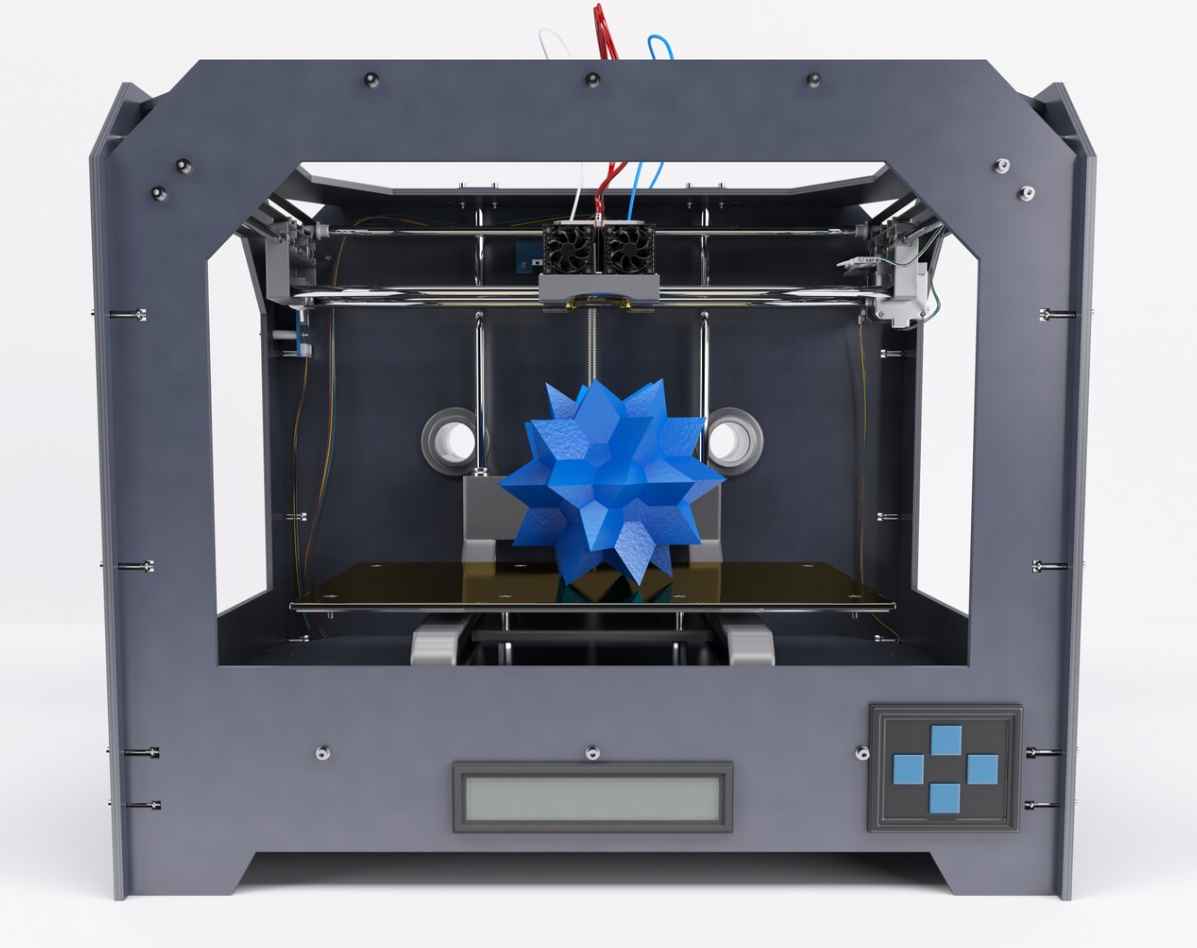As the world increasingly focuses on sustainability, industries everywhere are seeking innovative ways to reduce their environmental impact. One of the most vital players in this endeavor is the prototype manufacturer, and Pepin Manufacturing stands at the forefront of this movement. By bridging the gap between design concepts and final products, prototype manufacturers like Pepin are redefining the landscape of sustainable product design.
Understanding the Importance of Prototyping in Sustainable Design
Prototyping is an essential and transformative phase in the product development journey, acting as a vital bridge between initial concepts and final production. This iterative process allows designers and engineers to visualize, test, and refine their ideas in tangible forms before committing to mass manufacturing. By engaging in prototyping, teams can thoroughly assess the functionality, usability, and overall design of their products, leading to enhanced performance and user satisfaction.
Moreover, this approach promotes sustainability within the development process. By identifying potential flaws and exploring opportunities for optimization early on, prototype manufacturers play a crucial role in reducing waste and conserving valuable resources. This proactive strategy not only streamlines production but also significantly lowers the environmental impact of product creation, paving the way for more eco-friendly innovations. In essence, effective prototyping not only elevates the quality of the final product but also fosters a commitment to responsible and sustainable design practices.
Pepin Manufacturing’s Commitment to Sustainability
Pepin Manufacturing is dedicated to sustainable practices, employing eco-conscious materials and techniques in their prototype development process. The company prioritizes recyclable and biodegradable materials, ensuring that prototypes do not contribute to waste. Additionally, Pepin’s use of advanced technologies, such as 3D printing, not only accelerates the prototyping process but also reduces material consumption and waste.
Collaborations for Innovative Solutions
The future of sustainable product design also hinges on collaboration between prototype manufacturers and various stakeholders, including designers, engineers, and environmental specialists. Pepin Manufacturing actively encourages such partnerships to foster innovative solutions that address ecological concerns. By pooling knowledge and resources, these collaborations can lead to groundbreaking products that utilize sustainable materials and energy-efficient processes.
Adapting to Circular Economy Principles
Another critical aspect of sustainable product design is the concept of a circular economy, which emphasizes the continual use of resources through recycling and repurposing. Prototype manufacturers like Pepin are key to this model, as they develop prototypes that can be easily adjusted and modified for various purposes. This flexibility not only extends the life cycle of products but also promotes a culture of repair and reuse.
Training the Next Generation of Designers
Finally, educating the next generation of product designers about sustainable practices is crucial for creating a future where environmental responsibility is the norm. Pepin Manufacturing takes this responsibility seriously by offering workshops, internships, and collaboration opportunities for students and emerging designers. By instilling sustainable principles early on, the industry can cultivate innovative thinkers who prioritize eco-friendly designs.
Conclusion
In conclusion, the role of prototype manufacturers in the future of sustainable product design is paramount. Companies like Pepin Manufacturing not only provide essential services in product development but also embody a commitment to eco-friendly practices and innovation. As sustainability continues to be a priority for consumers and industries alike, prototype manufacturers will play a pivotal role in shaping a greener future for product design.









